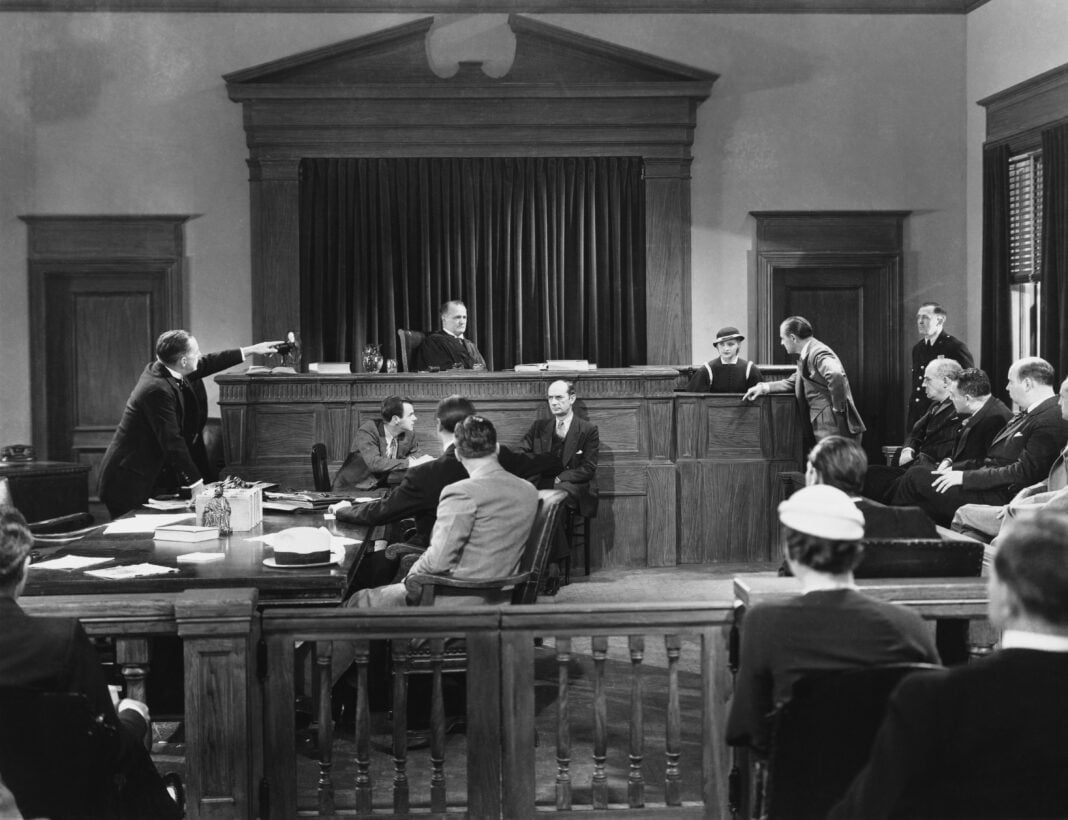Contributed Content
Written by the Honorable Jack Meigs
Attorney At Law
A contest of the election for the Mayor of Centreville was filed on September 5, 2025, by Mike Oakley who lost by 2 votes to Barry Cooner after the results were certified by the Centreville City Council. The case is currently set for trial on December 5, 2025. With news media coverage, social media posts and talk on the street, many people have questions about what happens next and when will it be over. This article attempts to answer questions about election contests in general and this one in particular.
WHAT IS AN ELECTION CONTEST?
An election contest is a lawsuit in which the Contestant disputes the results of an election. This article addresses municipal election contests. Contest for certain elected offices are treated differently and will not be addressed. For municipal elections, the contest is filed in Circuit Court. Section 11-46-49 of the Code of Alabama provides who may file a contest, the reasons for a contest and when the contest must be filed.
Typically, a contest is filed by the losing candidate, however, the Alabama statute provides that any qualified elector may file the action. That person is called the Plaintiff or the Contestant. The party that won the election would be the Defendant or more properly, the Contestee.
The Code sets out the reasons or grounds for filing an election contest. Those are:
“(1) Misconduct, fraud, or corruption on the part of any election official, any marker, the municipal governing body, or any other person;
(2) The person whose election to office is contested was not eligible thereto at the time of such election;
(3) Illegal votes;
(4) The rejection of legal votes; or
(5) Offers to bribe, bribery, intimidation, or other misconduct calculated to prevent a fair, free, and full exercise of the elective franchise.”
For the 2025 Centreville Mayor’s election, the grounds stated in the lawsuit are that illegal votes were cast and legal votes were rejected.
The election contest is required to be filed within 5 days after the results are certified.
WHAT HAPPENS IN AN ELECTION CONTEST?
Just like any other lawsuit, evidence must be presented through witnesses and documents. The law provides that the Circuit Judge assigned to hear the case will make the decision. The law specifically provides that there is no jury trial allowed in election contests.
The person filing the contest has the burden of proof to convince the judge by a preponderance of the evidence. A preponderance of the evidence means “more likely than not” which is unlike a criminal case where the proof must be beyond a reasonable doubt. Before the case is tried, the parties have the right to conduct discovery. They have the right to inspect the ballots cast, given or rejected as well as to examine the voting equipment along with the voting machine computations and printouts. They may also obtain copies of the voter registration lists and the poll lists for the election. Those lists show who was registered to vote in the election and who actually voted in the election. They can issue subpoenas for documents and witnesses. They can take depositions of witnesses, which means they can question witnesses under oath prior to trial.
In an election contest, if a party claims that there were illegal votes cast or that legal votes were rejected, that party has to give the other side notice in writing, prior to trial, of the number of votes that are claimed to be illegal along with the names of the persons that cast the illegal votes and who they voted for. This notice must be given at least 10 days prior to the trial. Hypothetically, if the contestant of the election claims that there were 3 illegal votes cast, he would have to tell the other party that there were 3 illegal votes cast for the other party and that John Doe, Jane Doe and Richard Roe (these names are made up for the hypothetical) were not legal voters and that they cast those votes. Likewise, if it is claimed that legal votes were rejected, the number and names of the voters who were not allowed to vote must be given to the other side. That goes for either side. Either party may claim that there were illegal votes cast for their opponent or legal votes were rejected.
If a voter is called to testify at the trial, that person would be required to answer if he or she voted at the election and to answer questions about their qualifications to vote in the election. If the Judge determined that he or she was not a qualified voter at the time of the election, then they could be required to answer for whom they voted. If they make full, true answers which may tend to incriminate them, he or she could not be prosecuted for voting at such election. This may raise in your mind the right to cast a secret ballot. If you are a qualified voter, you cannot be compelled to tell how you voted. You have no such protection if you were not qualified to vote. You would have cast an illegal ballot which may subject you to a criminal offense. The code section that requires the voter to testify shields them from criminal prosecution if they testify truthfully. If it did not, then it would violate their constitutional right against self-incrimination.
In summary, an election contest is a lawsuit tried to a judge in Circuit Court without a jury. Evidence must be presented by witnesses or documents or both. Each side must give written notice to the other side of the names of voters that were claimed to have cast illegal votes or who were not allowed to cast a legal vote. A voter may be required to testify and if it was determined that they were not qualified to vote, they may be required to testify for whom they voted.
WHEN WILL THE CASE BE OVER
An initial hearing was held on October 27, 2025. Even though the case was set for trial on December 5, 2025, the attorneys advised the Judge that the case may not be ready for trial on that date. A review of the Court file shows that on November 21, 2025, the Contestant’s attorney listed the names of 9 voters whom he contends cast illegal votes. That meets the 10 day timeline. If the Contestee claims that there were illegal votes cast for the Contestant, he must do so at least 10 days prior to trial.
It is not certain that the case will be tried on December 5 or if commenced that it will be completed on that date. The law does provide that Election Contests are to be given priority in scheduling. Delays are common and it would not be unusual for the trial to take place early in 2026.
Editor’s Note: Jack Meigs is an attorney with a private law practice in Bibb County, Alabama. A 1982 graduate of the University of Alabama School of Law, he served multiple terms as a Circuit Judge for the Fourth Judicial Circuit before returning to private practice.

















